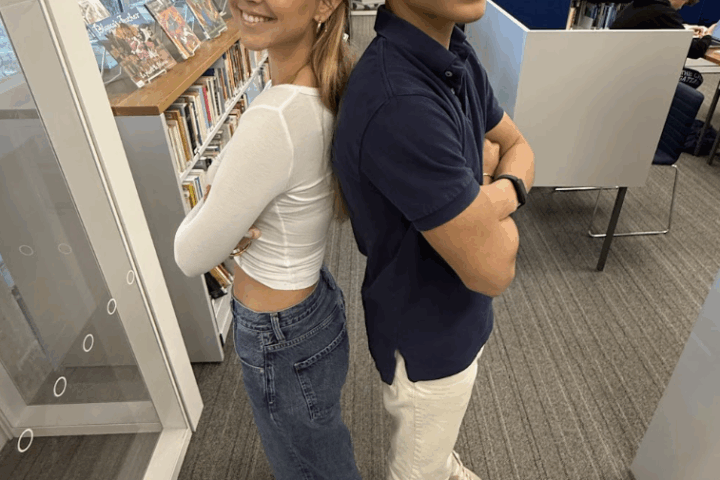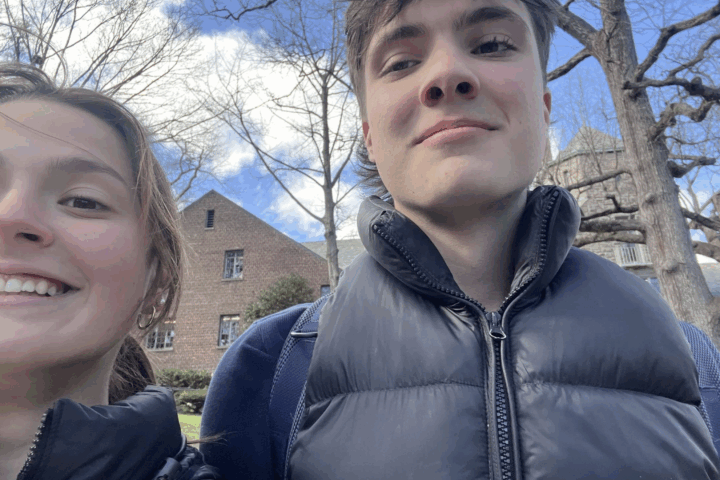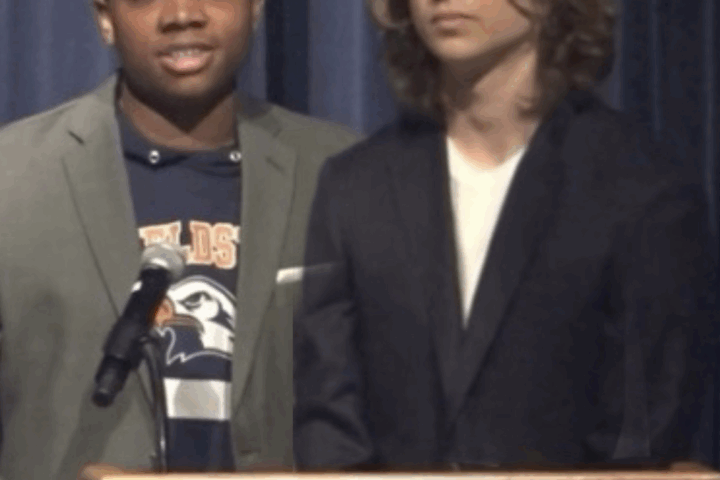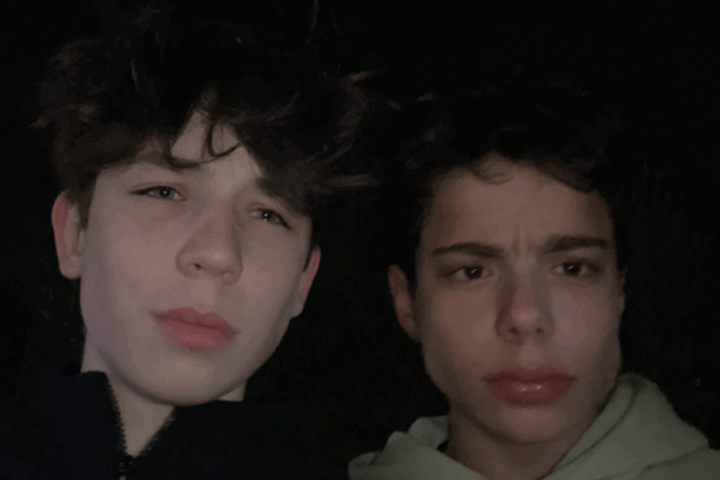“We either live in civil society or, we will be convulsed by civil war.”
What does it mean to live in a civil society? Does it merely mean for a society’s citizens to follow the rules and laws set by a government, or is there a deeper purpose? For the citizens to subscribe to the government’s laws, there has to be a belief that the individual has something to gain by participating in a civil society, an element of self interest
When the Civil Rights Movement in the United States included deliberately breaking the community’s rules and laws, as a means of protest against segregation, the goal was to change the laws to reflect a more just and fair culture. The citizens came to understand that this shift would be beneficial to everyone involved; it became the norm for reluctant members of the society to participate actively. Working towards becoming a civil society meant that police would not beat innocent citizens, and innocent business owners would not have their properties destroyed during the riots that were taking place. Society understood that civil unrest put everyone’s life in jeopardy.
Civil society plays an essential role in maintaining order and peace in communities all around the world. Civil societies can examine themselves and work toward ensuring that everybody has what he or she needs to be successful. Whether that means good schools, healthcare, jobs, or housing, civil societies seek to quell unrest.
Historically, most societies that were once prosperous ended in ruin because of the leader’s abuse of power. Thinking back to my middle school history class last year, which focused on ancient and medieval societies, I remember learning that certain Chinese emperors lacked the key components that a leader needs to efficiently and effectively govern. While these emperors understood what was required to maintain civility, they let their ego and desire for recognition get in the way of acting on behalf of their citizens. Thus, the dynasties fell.
When citizens actively maintain a civil society, everyone values each other and sees everyone as equal. Civil societies are not perfect, nor are they without conflict. However, when societies are civil, it allows marginalized voices to be lifted up by other community members. Civil societies recognize that they have to continually evolve, and change for each citizen to feel equally seen and heard.
Other societies maintain conformity by imposing fear and brute force on its citizens. This approach is not ideal, nor is it sustainable from a leadership perspective. Unfortunately, we are now living in a time where America is plagued by a narcissistic leader who stokes fear in its citizens, causing the social climate to become dangerous, unpredictable, and uncivil.
The America we live in is not civil, and the effects can be seen in the dual pandemic our country is facing; COVID 19 and racial injustice. When it comes to racial injustice, hate groups are again empowered to attack people based on their prejudice and racism toward different groups. As the leader, the President sets the tone and has not condemned racist speech or acts of bigotry that citizens are experiencing in high numbers. It is even more dangerous because his leadership has allowed active racist to feel comfortable with their behavior and hate speech. It has also silenced a large majority of the Republican party concerned with keeping their power so they have refused to speak against the President. They refuse to condemn when he called other countries s**hole countries, or separated immigrant families and put kids in cages, or made fun of disabled people or spoke about pushing a button to kill people in other countries. This is the President and his actions along with the Senate has had such an impact on how citizens feel about their own safety and whether their life is valued and respected. It also empowers citizens to take care of themselves and other members of their community since they believe the government is more interested in their own greed and power and not acting in the best interest of the citizens.
The COVID-19 pandemic is another example of our president abandoning what it means to leave in civil society and instead, concentrating on what actions he should take to ensure he is in power for a second term. Even though he knew how deadly the virus was, he decided to lie to the American citizens about what he knew because he didn’t want anything bad connected with his leadership. He didn’t want to close schools or business because he didn’t want the economy to suffer which could mean people wouldn’t vote for him again. He told Americans not to trust what was being reported by journalists, and he made people doubt the advice of the medical community and scientists. As a result, almost 200,000 Americans have died from COVID -19 due to American’s refusal to act in their own best interest simply because of the doubt that the President created in their minds. He inspires recklessness and violence. Citizens in Michigan even came to the governor’s office with guns and assault rifles because she was listening to a team of scientists and experts. Essentially, she closed businesses down at the recommendation of scientists, but at the behest of Trump supporters.
The Los Angeles Times wrote “While civility in politics has always been loosely defined, it has always been the expected norm. Tragically, it is no longer recognized, expected, and certainly not practiced by the Trump movement.” We can only hope that people use their power and vote so that the President isn’t allowed to continue to put his needs and wants about the people he was elected to serve.





